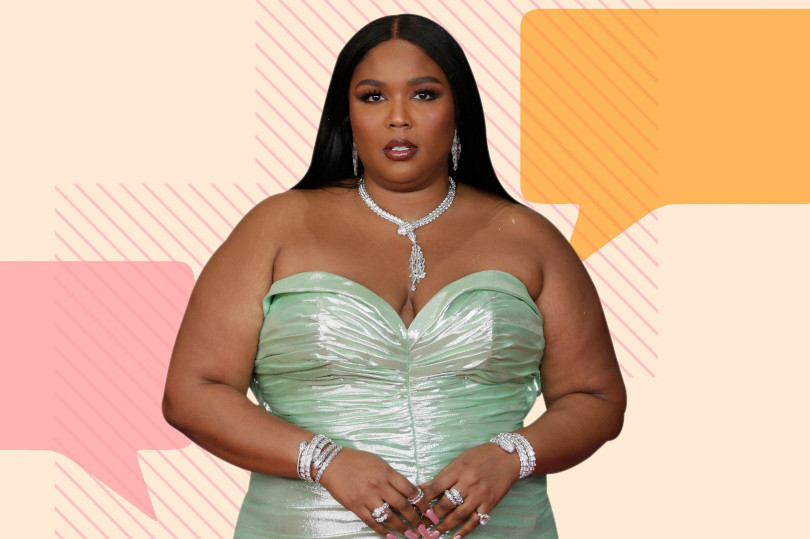The Lizzo Debacle
From her own Yitty clothing line designed for big bodies or big “grrrls,” to becoming an advocate for Black artists expressing their sexuality, Lizzo–or Melissa Jefferson–has taken the world by storm in a variety of transformative ways. However, people predict that this artist’s climb to stardom has come crashing down around her as she sits in the “possibly canceled” bin of controversial celebrities.
Accusations have been made from two of her own dancers for fat-shaming, encouraging unhealthy eating habits, fostering a hostile work environment, inappropriate conduct, sexual harassment, and more. Not to mention the issues with her head choreographer pressing her own religion upon the other dancers on the team. The accusations coming out against Lizzo shocked the internet and her fanbase at large, calling for her cancellation. With all of the news coming out about Lizzo’s work environment, I can’t help but wonder how people who weren’t social media addicts reacted to the situation, and if we can really use the assumption of guilt until proven innocent here.
Canceled Culture
Now y’all, we all know that canceled culture can rear its ugly head at any time and for any reason. Tweets from your childhood, misinterpreted video clips from old interviews …The list goes on and on. What I want to get into is if we can really call Lizzo guilty or canceled at this current stage. Honestly, I don’t think we can. Right now, everything being said about what’s been happening are only accusations. Now, this is not to discredit the dancers or declare that Lizzo is not guilty. Let’s just take a look at what is presently known about the situation and how the pubic is responding.
In my search on the subject, I came across a woman on YouTube called Cooking Couture Atlanta. This woman weighed in on the Lizzo debacle by engaging the audience in a tale of her own experience with canceled culture and the accusations of guilt before assuming innocence. She used a term that struck me and my understanding of the situation at hand. She called Lizzo “the big fish” to describe her role in pop music and pop culture.
Initially, I wondered what “the big fish” even meant. It’s such a broad term to describe a person, especially at the caliber of Lizzo. Eventually I boiled it down to: 1) Lizzo is unique., with lots of followers because she has been made an advocate for social change; and 2) Lizzo is quite literally “the big catch” – people have been waiting for her failure as a Black woman who advocates for sexuality and body positivity.
Mo’ Exposure, Mo’ Problems
Let’s unpack the idea that Lizzo is unique with lots of followers and has been made an advocate for social change. Before Lizzo, few Black women in the genre of pop music that represent both Blackness and diversity in body type. She even made it her personal mission to find obese dancers from all over to become her backup dancers. Lizzo has been open and honest about her own body positivity journey and eating habits, making herself an unintentional and relatable individual for this reason. She encourages big grrrls everywhere to feel comfortable in their own bodies with her Yitty clothing line. Lizzo twerks, wears revealing clothing, and posed naked on one of her album covers, expressing comfort in one’s skin and vulnerability. But with such positivity comes pressures from society.
Moving on to the second idea that Lizzo is quite literally “the big catch.” I like to call this, “Mo’ exposure, mo’ problems,” especially with this situation. It seems to be a pattern by association that when celebrities and influencers speak out for issues, they become walking and talking posters for those issues. We often forget that these people are humans capable of mistakes and flawed by nature. Lizzo is one of those people. We quickly dismiss and even demonize celebrities if they make wrong choices – as if icons are perfect 100% of the time.
With all of this being said, we don’t hear Lizzo in all of this chaos. We are so quick to judge her when she is a human who has made some good and bad choices. Instead of calling for her cancellation, we should stop idolizing celebrities who have beliefs and values so closely aligned with us. People like Lizzo because she’s relatable. Heck, I like Lizzo because she is relatable! With that relatability comes the nature of being human: being flawed.


